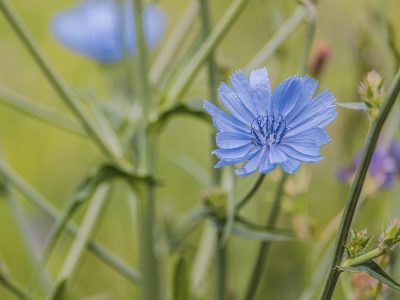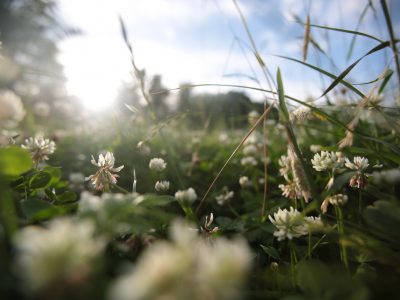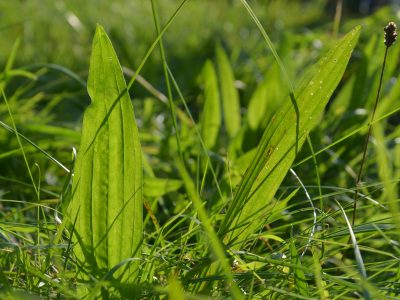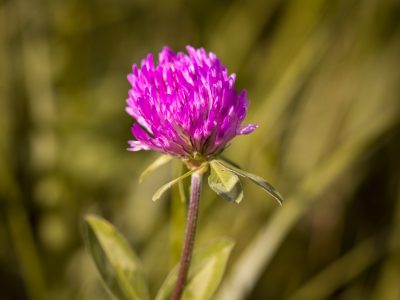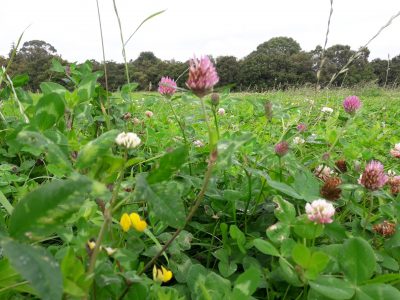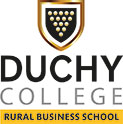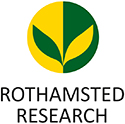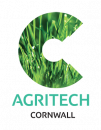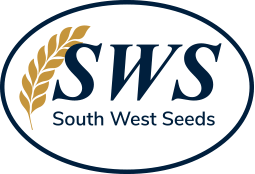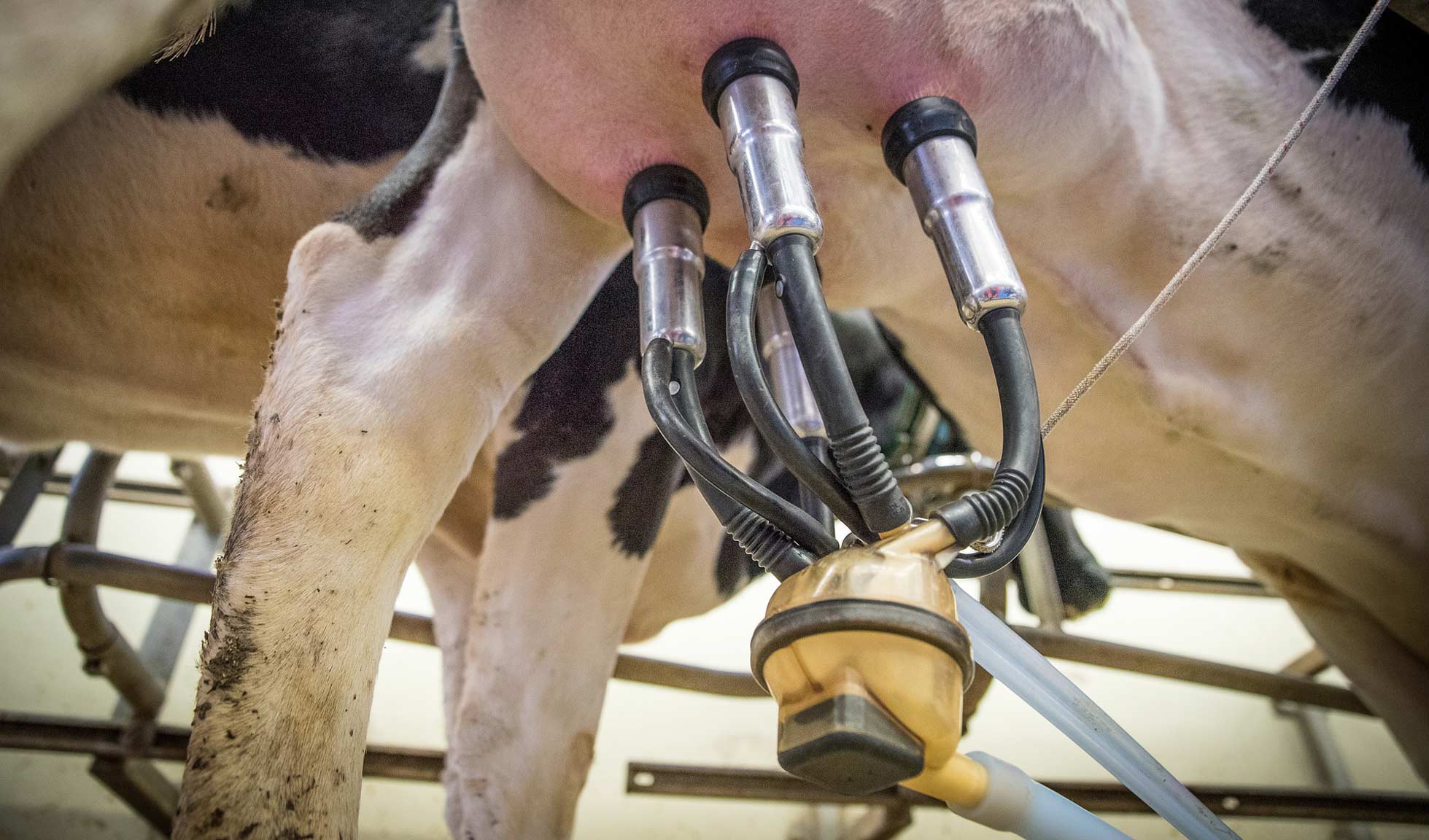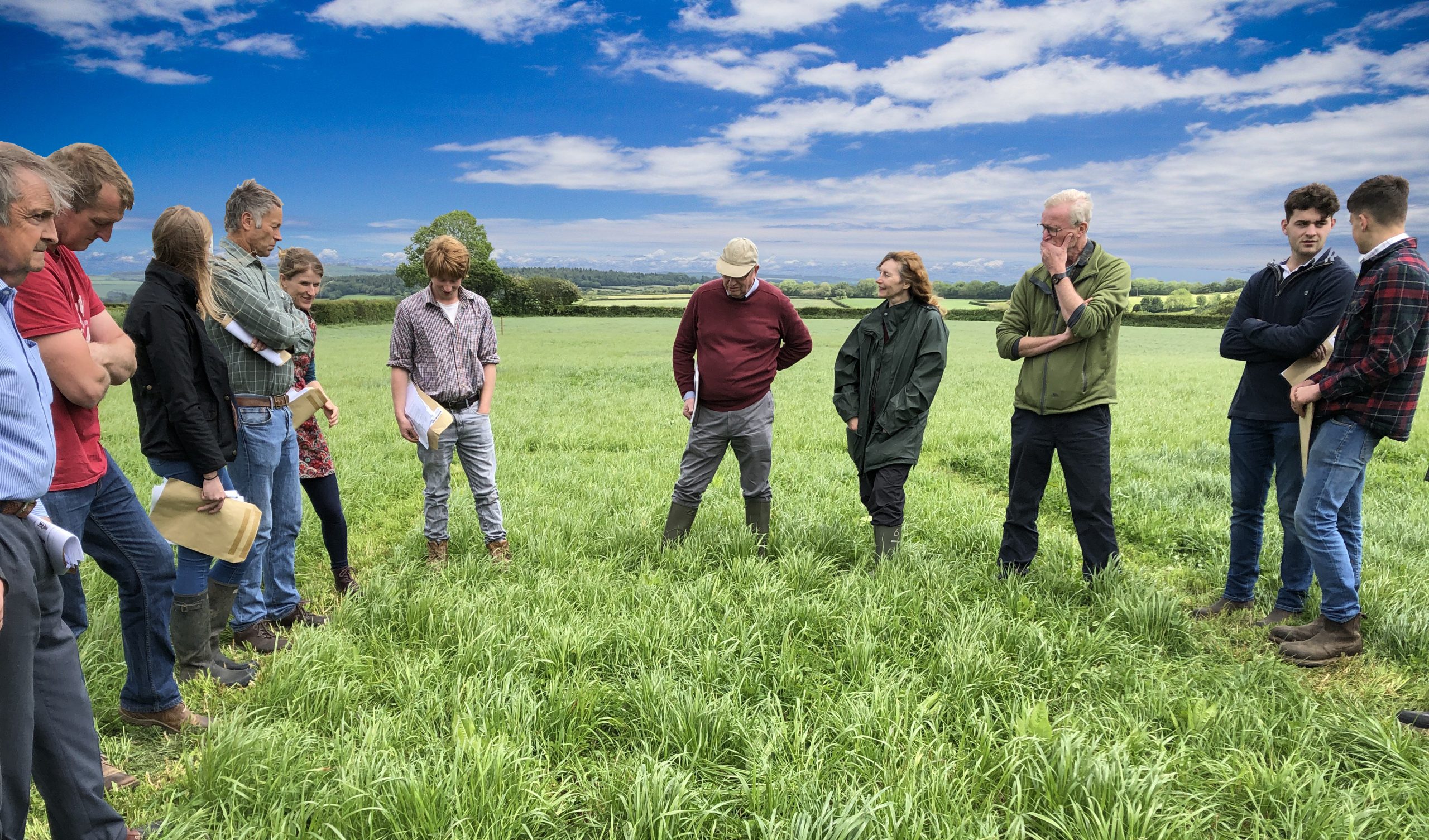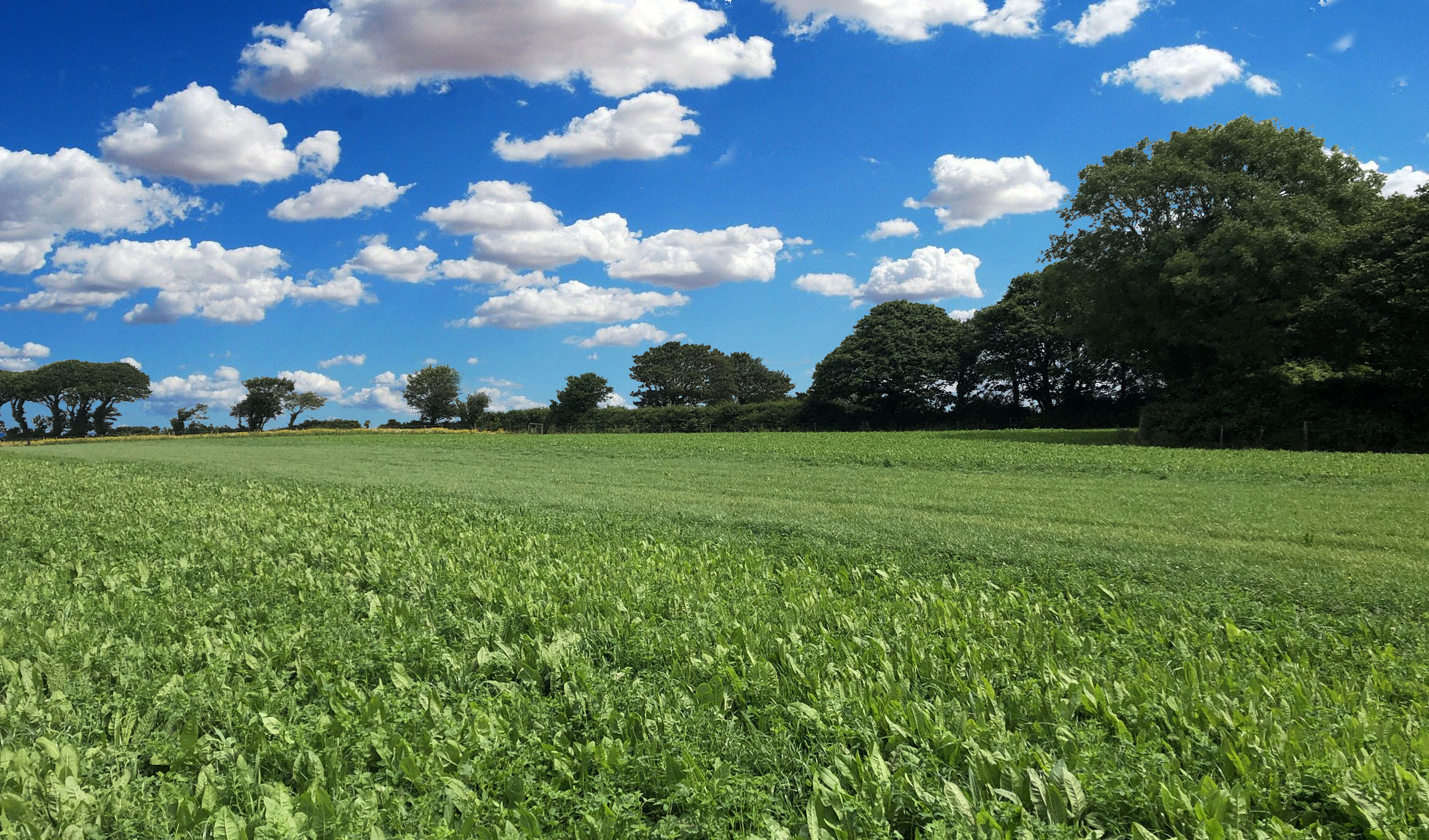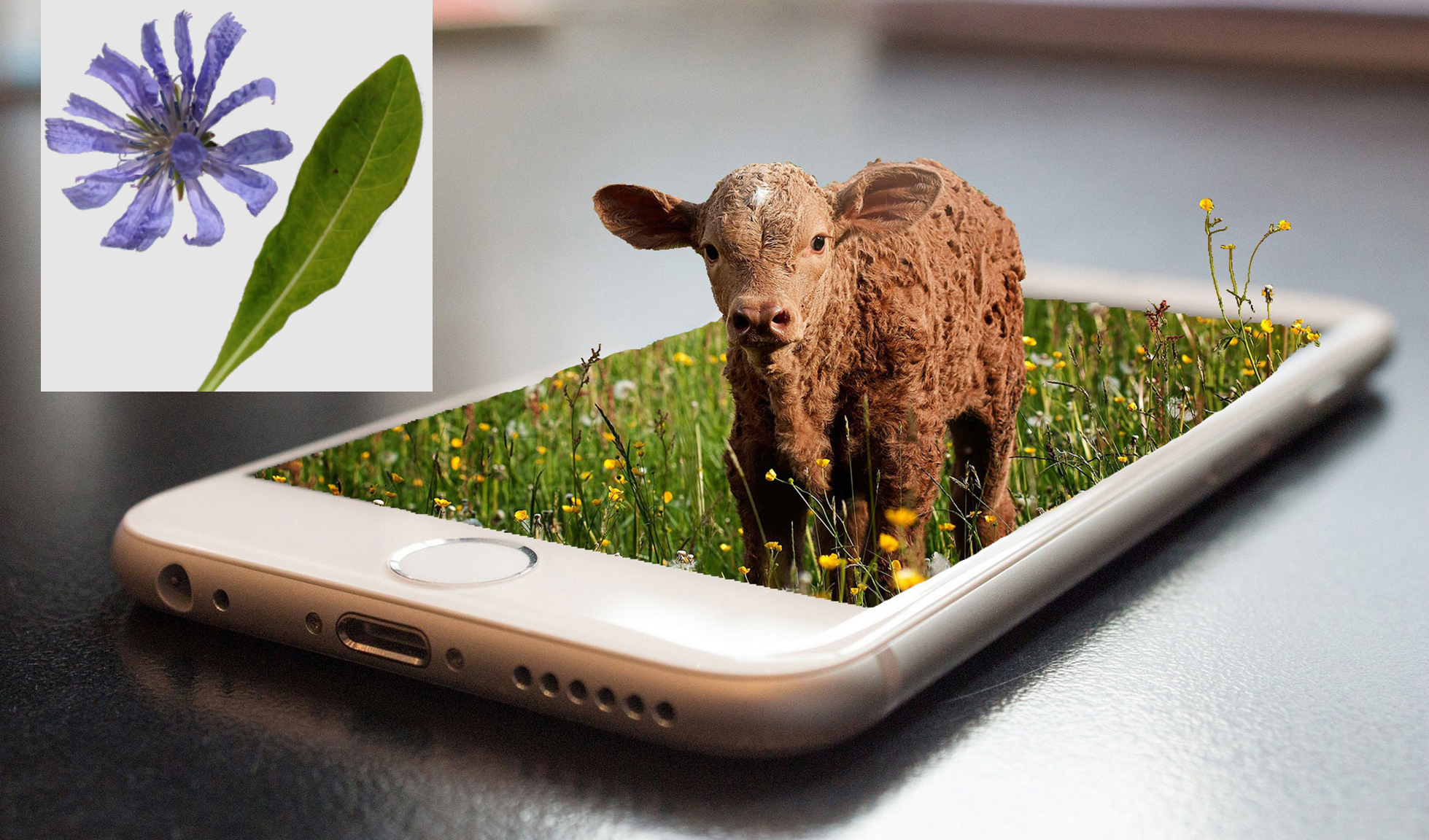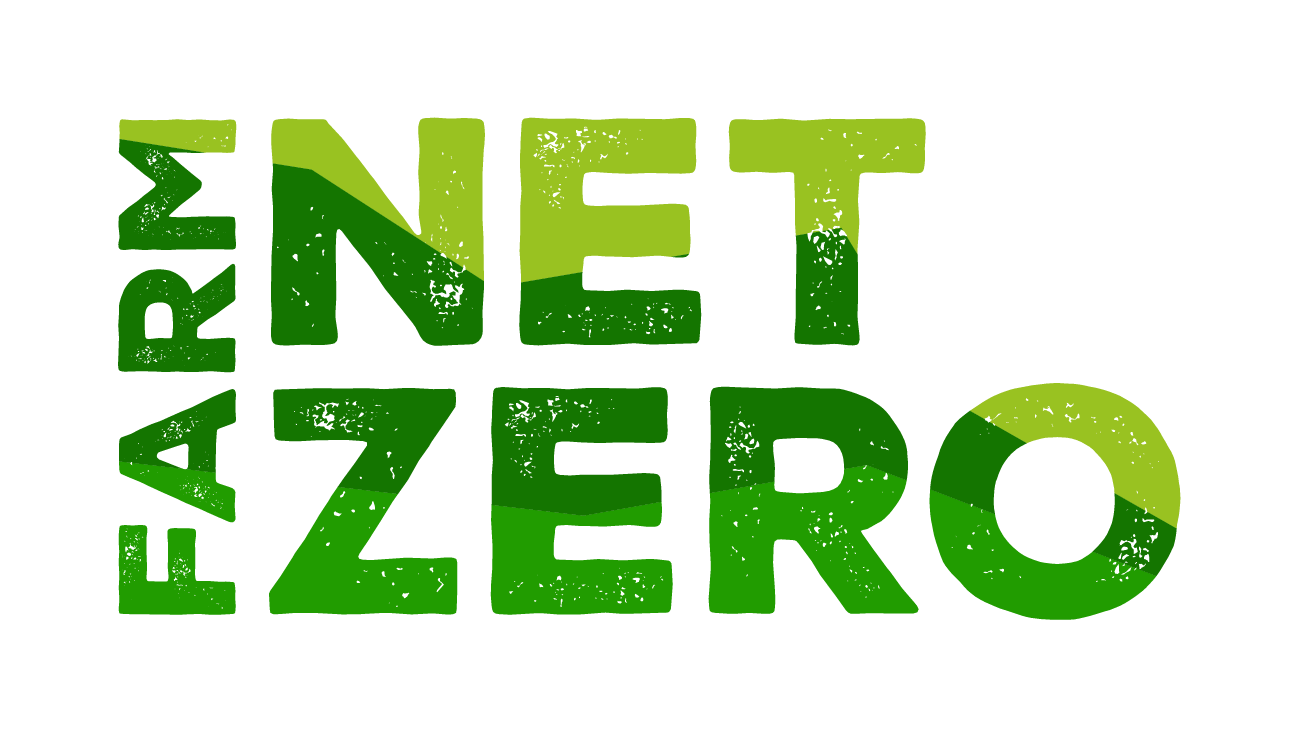ABOUT US
The Toolbox of Multi-species Swards (TOMS) project was developed to address the shortfall in knowledge around the establishment, management and use of multi-species swards.
Why do we need TOMS?
The majority of temporary grassland in the UK is typically rye-grass and clover, however multi-species swards offer many potential benefits for grassland production and there is a growing interest in their use. Nonetheless, industry feedback suggested that there was limited information available on the establishment, management and proven economic benefits of these leys, this was particularly true in Cornwall, as a lot of research to date was not relevant to the environmental and economic conditions prevalent in the county and other similar climatic regions.
The Toolbox of Multi-species Swards (TOMS) project was therefore developed in order to address the shortfall in this knowledge.
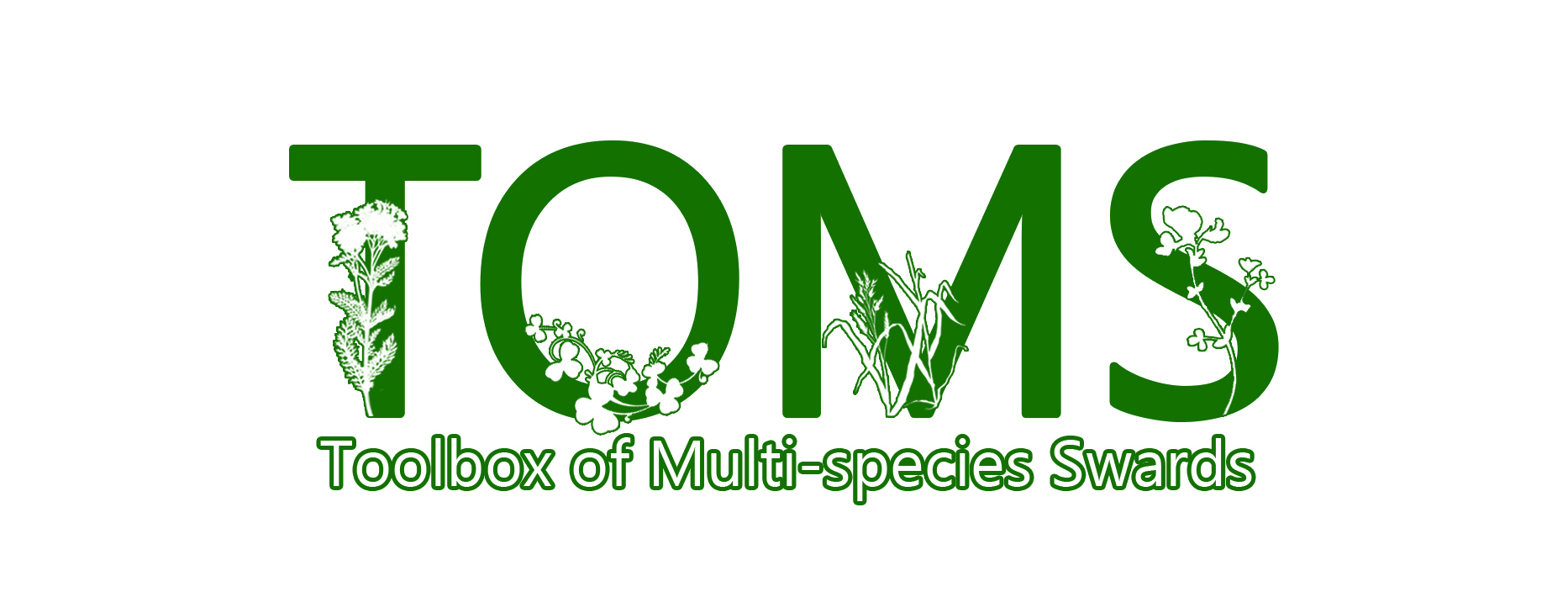
Who and what is TOMS?
The project was a collaboration between the Rural Business School at Duchy College and Rothamsted Research at North Wyke and aimed to evaluate multi-species sward yield and forage quality at farms across Cornwall, benchmarked against a simple rye-grass and white clover mix, and the farmer’s own control ley, as well as at replicated plot trials at North Wyke. In addition, the TOMS project also evaluated existing research, sought farmers’ experiences and produced easy to use tools.
TOMS was funded by the Agri-tech Cornwall and the Isles of Scilly project and has worked closely with a number of small to medium sized Cornish businesses to address their research needs around herbal leys, and all research activity undertaken by the project has been in order to provide answers to these questions. The collaborating business partners were Animal Vets, Cornwall Wildlife Trust, S.C. Nutrition, South West Seeds and Trifolium Services. Descriptions of the businesses and their research needs can be found below.
If you have any questions, please email the TOMS team at: multispeciessward@cornwall.ac.uk
Research Partners
Duchy College Rural Business School
The Rural Business School (RBS) at Duchy College is an organisation that combines education, training, business support and applied research for rural industries. From its inception, the RBS has been firmly embedded in the land-based sector, dedicated to providing services to owners, managers and employees of rural businesses and organisations. The school operates within a large network of industry and academic partners and collaborators and has a key role in knowledge exchange and disseminating research from science into practice.
Duchy College has a strong agricultural heritage, however the sector is facing significant challenges; requiring new and improved ways to empower farms and their immediate supply chains – to enhance, protect and sustain natural assets and those individuals and families that farm them. The RBS prides itself on being able to deliver a programme of research and technology transfer in the land-based sector, with a dedicated team of staff who pioneer new research approaches and are involved in research and development on regional, national and international platforms.
Rothamsted Research, North Wyke
Part of Rothamsted Research, the world’s oldest agricultural research institute, North Wyke focuses on grassland livestock systems; the processes that underpin them and the impact that they have on the wider environment.
Bringing together specialisms in ruminant nutrition, greenhouse gas monitoring, soil sciences, and environmental modelling, research at North Wyke is being used to help optimise future farming systems; producing better quality products using fewer resources to reduce the environmental impact of farming and help farmers to achieve more from less. The site is home to the Farm Platform National Capability, a unique highly instrumented farm that can monitor, at a whole farm scale, the environmental and economic sustainability of alternative ruminant grassland systems.
Agri-tech Cornwall and the Isles of Scilly
The Agri-tech Cornwall and Isles of Scilly project is funded by the European Regional Development Fund and is open to all small to medium-sized Cornish businesses. The project represents a unique opportunity to develop and apply new technologies assisted by project partners, research grants and graduate placements.
The project is led by the Duchy College Rural Business School in partnership with leading research institutions – the Universities of Exeter and Plymouth and Rothamsted Research – and the Cornwall Development Company. The project is also supported by Cornwall Council and the Council of the Isles of Scilly.
Collaborative business partners
Animal Vets
Animal Vets is a family-run veterinary practice, based in Hayle that has been providing veterinary services for 30 years. The practice offers small animal, farm animal and equine services throughout the Hayle and St Ives area. Animal Vets have been carrying out proactive health plans with their clients for a number of years, and they have a particular research interest in livestock diseases associated with mineral deficiencies, in particular cobalt, selenium, copper and iodine.
They worked with the TOMS team to investigate the micronutrient content of multi-species swards and their potential to reduce the incidence of diseases associated with mineral deficiencies, with the aim of advising their clients on how to produce nutrient-dense home grown forage, thus reducing their reliance on bought-in supplements.
Cornwall Wildlife Trust
Cornwall Wildlife Trust (CWT) is a registered charity, and one of 46 wildlife trusts working across the UK. The Trust manages 57 nature reserves, covering over 5,500 acres, and they work in partnership with farmers, land owners and fishermen to support wildlife friendly management through a range of projects.
In light of the introduction of environmental stewardship schemes, and the need to deliver a range of ecosystem services and public goods, the Trust has an increasing portfolio of work with farmers within the county. This work includes the Upstream Thinking Project, run in conjunction with a range of delivery partners and funded by South West Water.
Upstream Thinking has been applying natural landscape-scale solutions to water quality issues since 2008, and is a sustainable approach, working with the expertise of partners, the knowledge of farmers and nature itself to improve raw water quality at source. This keeps down costs for water company customers and reduces the impact of water treatment on the environment.
CWT worked with TOMS to investigate the potential of multi-species swards to reduce nitrate leaching into water courses and they were also interested in farmers’ perceptions of herbal leys and any barriers to their uptake. In addition, the potential benefit to pollinators was investigated with the help of the Bee-Steward team at the University of Exeter.
S C Nutrition
S.C. Nutrition is based in Truro and advises cattle farmers, dairy in particular, on nutrition, with the aim of making the most out of the farm’s home-grown crops. The team review all aspects of daily husbandry – from occasional concerns to the more in-depth matters, finding the best solutions for farms. Their approach to dairy nutrition uses not only rationing advice, but other more holistic assessments of herd management and housing, coupled with detailed record and data analysis. S.C. Nutrition is involved in a range of research activity and worked with the TOMS project to specifically look at the best way to ensile multi-species swards. The work involved developing new approaches to determining silage quality within the laboratory and determining best practice when ensiling multi-species swards e.g. wilt time, chop length and inoculant application.
South West Seeds
South West Seeds Ltd is a mobile seed processing company based in north Cornwall who offer a range of agricultural grass seeds, amenity grass seeds, cereals and pulses, as well as wildflower seed and game cover seed mixtures. They offer personalised advice to their customers and they are able to supply them with bespoke seed mixes to their own specifications or with one of the many specially formulated mixtures that they stock. They have three mobile seed processing machines and have recently constructed fixed seed processing facilities at their headquarters.
South West Seeds already sells a range of multi-species sward mixes but required research to be carried out to investigate which species establish and grow well in Cornish soils and conditions, in order to provide an evidence base for their recommendations. They also worked with the TOMS team to investigate species persistence and the nutritional value and forage quality of such mixtures, information frequently requested by their customers. In addition, they worked with the team on the production of the TOMS Multi-species Sward App.
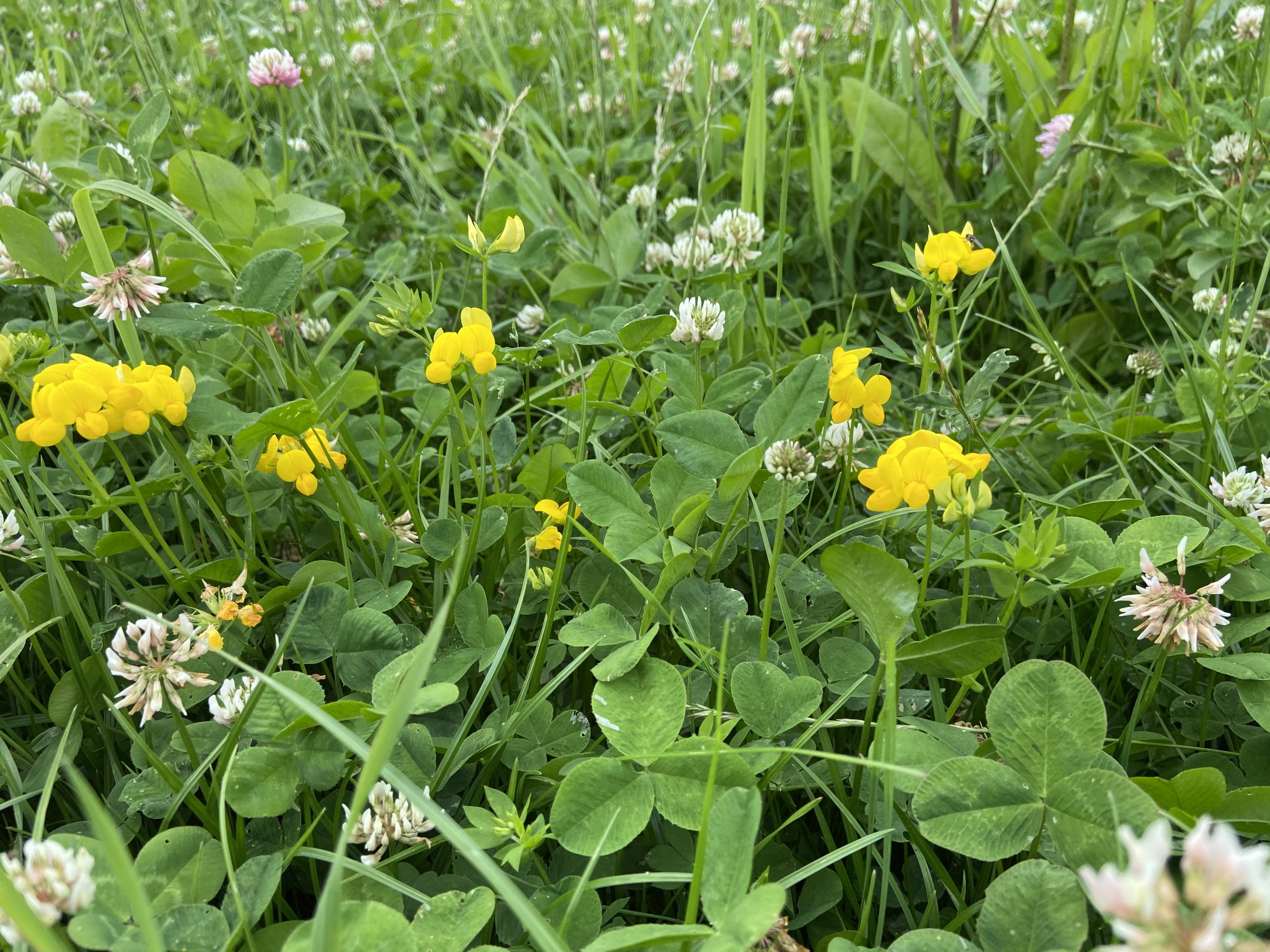
Trifolium Services
Trifolium Services is a recently established consultancy, which has been set-up to accommodate requests for (i) assessments for species diversity in herbal leys; (ii) advice on herbal ley species selection; (iii) focused crop trials and (iv) design of experiments for individual products. Trifolium Services worked with the TOMS project to collect a range of experimental data on herbal leys and soils, in order to inform their consultancy provision. There is currently a lack of long-term data on species presence and abundance in herbal leys across a range of soil types and farming systems, and working with the TOMS project has helped to address this need.

